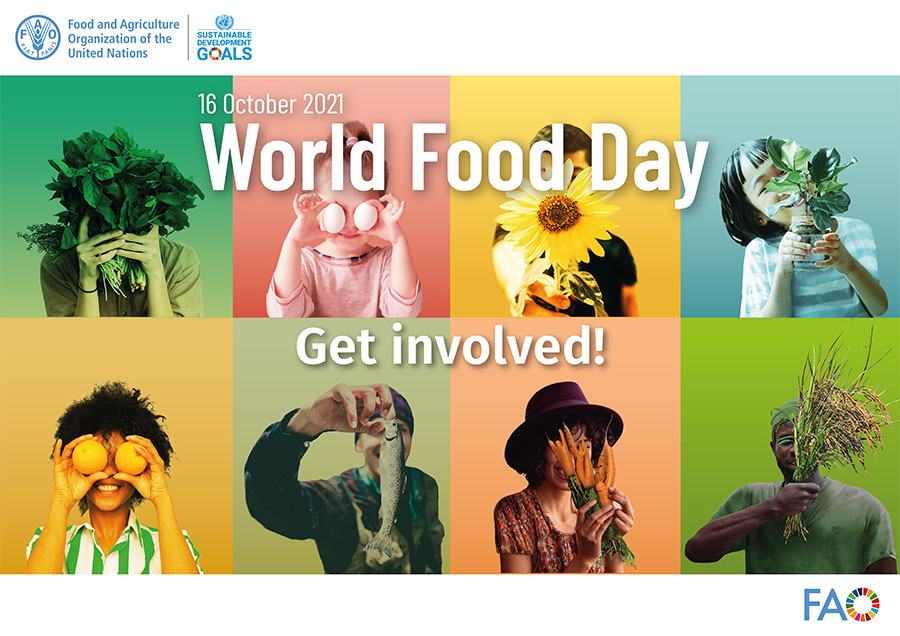
World Food Day: Driving optimal nutrition for people and planet health
The 16th of October is the World Food Day celebrated with events in over 150 countries. This year the theme of the United Nations is focused on our actions that can shape the future regarding better food production, better nutrition, better environment and ultimately better lives.
It is a good opportunity to reflect on how intercorrelated good nutrition is for people’s health with the health of the planet. Unfortunately, though good nutrition is not the case for most of the world’s population, as over 3 billion people cannot afford a healthy diet, while another 2 billion people are overweight or obese due to bad diet and lack of exercise. The latter leading to an estimated of 1.3 trio USD per year cost for healthcare by 2030.
What constitutes a healthy diet and what impact does it have?
In principle a healthy diet is rich in fruit and vegetables, legumes, nuts and wholegrain cereals. It comprises considerable amounts of fish, and dairy and is low in meat, sugar, salt and saturated fats.
Such a diet promotes health and protects against disease. There are multiple studies correlating poor dietary habits, like high consumption of calories, sugar, salt and fat, with chronic diseases such as obesity, cardiovascular disease, diabetes and some cancers. Poor diets together with lack of exercise are associated with mortality. For example, in Greece they account for 21% of deaths according to the OECD.
A health-promoting diet is also environmentally sustainable
There is increasing evidence demonstrating that food which is good for health is also good for the planet. A recent study analyzed the health and environmental impact of 15 common foods and found that fruit, vegetables and wholegrains are best for disease prevention and for protecting the climate and water resources. On the contrary, red and processed meat cause ill health and pollution.
Similarly, the EAT-Lancet diet proposed by an international group of renowned scientists calls for an increased consumption of fruits and vegetables, and a drastic decrease in meat in order to contribute to health and to a sustainable environment. The difference in planet resources utilized for meat and vegetables is immense. Indicatively, beef protein releases 525 times more CO2 vs the same amount of peas protein.
Call for action: Choosing the right food for people and planet health
Policy makers, governments, the food industry and consumers can shape a better future by choosing and advocating for the right food for health and for the planet. Such choices can be powered through educational programs and communication campaigns on healthy and sustainable dietary habits. Enforcement of legislation and incentives to drive the production and marketing of healthy food options can also contribute to the change needed to save health and the planet.
References
- Healthy People, Healthy Planet, OECD 2017
- Clark M. et al. Multiple health and environmental impacts of food. Proceedings of the National Academy of Sciences, 2019
- Willet W. et al., Food in the Anthropocene: The EAT-Lancet commission on healthy diets from sustainable food systems. Lancet 2019; 303, 447-492
- Woolston C. Healthy people, healthy planet: the search for a sustainable global diet. Nature 2020
- State of Health in the EU. Greece Country Health Profile. OECD 2019